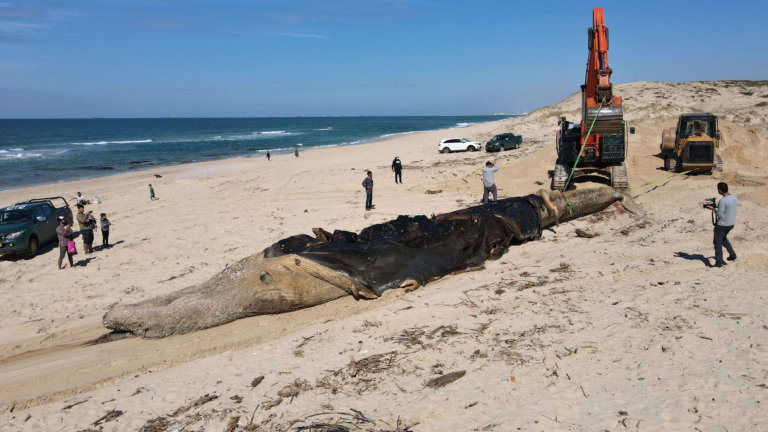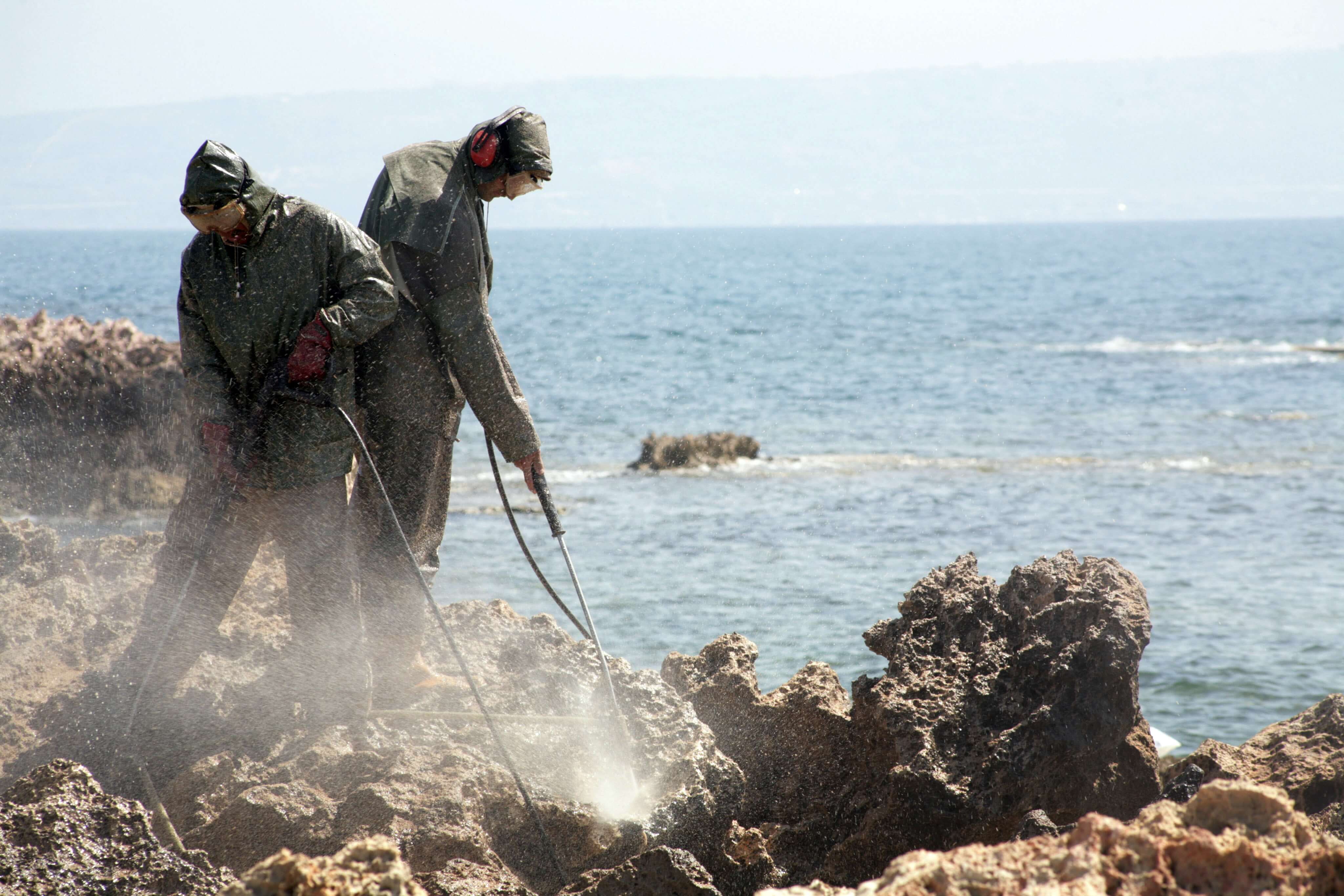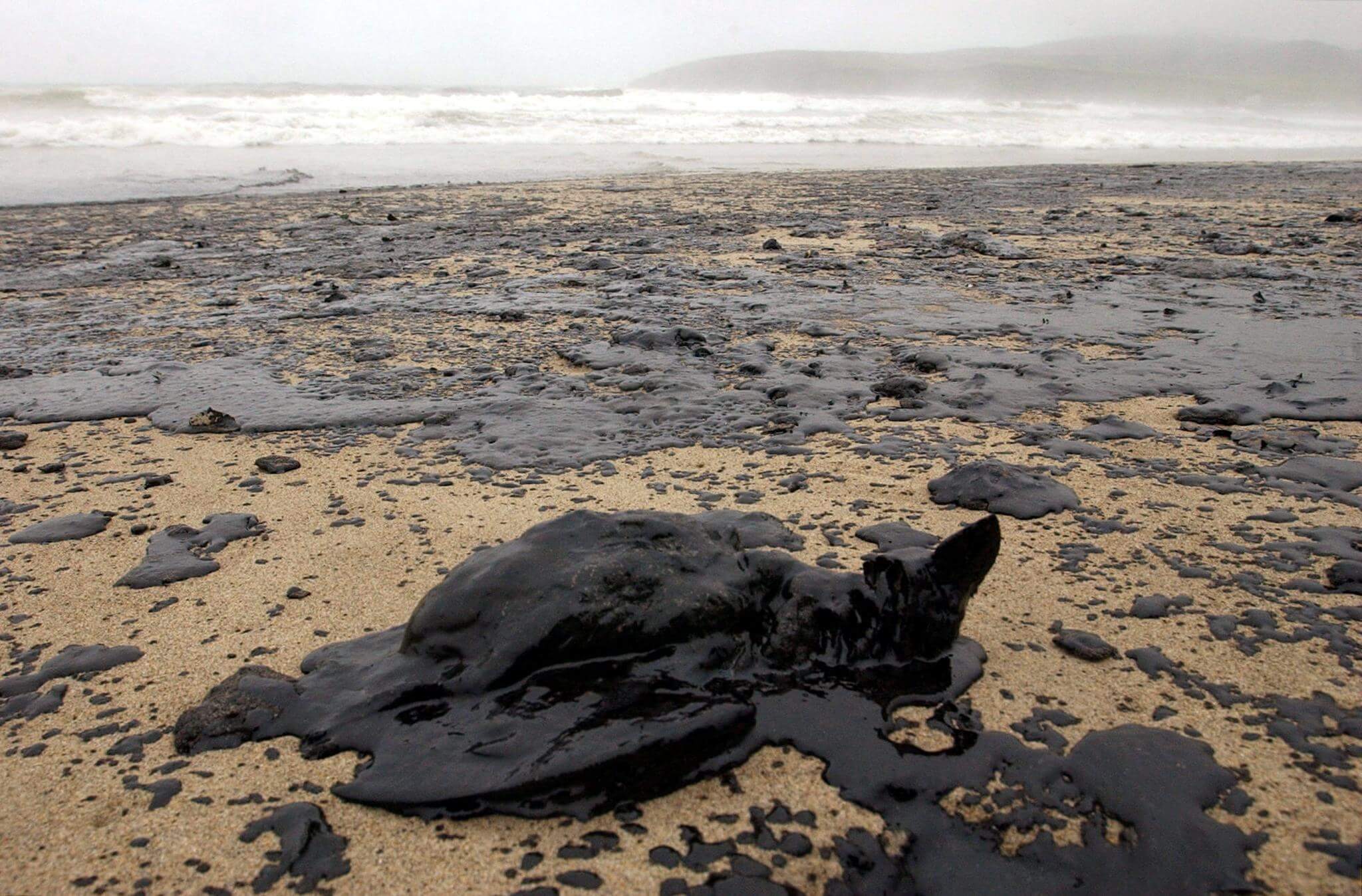
If you’ve watched the new viral Netflix documentary, “Seaspiracy,” you’ll know that our oceans are in danger. Highlighting the damaging effects of fishing on the world’s oceans, the provocative documentary is churning up national conversations about the environmental and ethical costs of marine activities.
While plastic products can be convenient, they can take hundreds of years to decompose. Once in the water, plastics can entangle fish and birds, choke dolphins and move pollutants through the ocean. The conversation about ocean pollution has largely centred on consumer waste, particularly plastic straws. Yet, straws account for less than 1% of all plastic entering the ocean. In “Seaspiracy,” narrator and director Ali Tabrizi scrutinises the greatest single source of plastic in the ocean: discarded fishing gear.
“It’s entirely right to say that we must use far less plastic,” journalist and environmental activist George Monbiot explains in an interview in the film. “But even if not a single gram of plastic entered the oceans from today onwards, we would still be ripping those ecosystems apart, because the biggest issue by far is commercial fishing.”

Global warming, combined with the negative impacts of numerous other human activities, is devastating our ocean. Source: Georges Haddad/AFP
From islands of plastic bottles in deep water to chemical spills on the shore, our oceans need help. Here are three degrees that can help save the oceans.
Marine Engineering
Whether you’re looking to embark on a career at sea or take the next step into the maritime industry, a Marine Engineering degree provides the gateway to working aboard vessels around the globe. Merchant and naval ships, leisure craft, offshore structures, wind and water energy harvesting structures, submarines, submersibles and, even, fish and swimmers are typical examples of engineering systems.
The degree will provide you with the knowledge and skills to undertake operation and maintenance associated with shipboard marine engineering systems. You will learn about marine engineering systems, vessel structure and operations, cargo and passenger transport, vessel management, marine legislation, marine survey and shipboard safety. Graduates can explore careers as defence engineer, marine engineer, maritime engineer, naval ship engineer, systems engineer, or mechanical engineer.
Marine Biology
Marine biology seeks to understand patterns of biological diversity and quantify change in the marine ecosystem by studying how organisms interact with their environment. You will explore the diversity of marine life from coastal margins to the deep sea and gain an in-depth understanding of the biology of marine organisms.
The programme provides an understanding of the biology of marine organisms and their ecosystems, with particular emphasis on large marine vertebrates. Marine biology is a broad-ranging career. You could go into fieldwork, academic research, laboratory work, consulting, charity, outreach or policy making. Job opportunities include marine ecologist manager, reef restoration project manager, marine biology technician, research assistant, fishery data manager and more.

Human activity is stripping oceans of marine life. Source: Christophe Simon/AFP
Marine Technology
Marine technologists are engineers focused on engineering for life at sea. If you are captivated by the technical side of the marine environment, then a Marine Technology degree fits the bill. This programme teaches students a range of marine engineering systems; from a ship’s main propulsion engines, to auxiliary machinery. Alongside this, you will investigate how water, air and hydraulics systems work, whilst exploring the mechanical systems of a variety of marine constructions, such as oil platforms and subsea systems.
Graduates typically have multidisciplinary skills such as advanced technologies, management, business and IT. That’s not all, you’ll also be able to maintain and enhance the industry’s knowledge base, and improve competitiveness. You can apply for jobs in marine mapping and hydrographic surveying; marine data processing and management; marine platforms and instrumentation; and marine project management.










